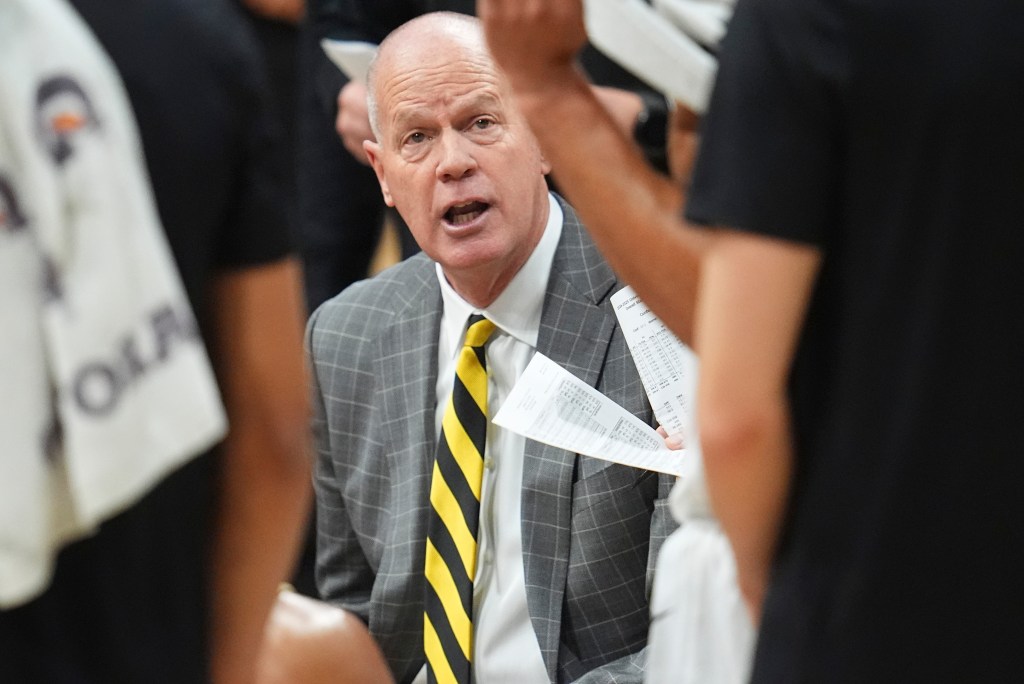Simpler Beginnings in Coaching
Tad Boyle’s collegiate coaching career started in 1994, transitioning from his role as head coach at Longmont High to a low-level assistant at Oregon. Back then, life was less complicated, with fewer interruptions from constant cellphone notifications. Gas prices were affordable, and building a college basketball team relied on a straightforward method: recruit top players and develop them over several years.
A Fresh Start for Colorado Basketball
As Boyle embarks on his 16th season with the Colorado men’s basketball team, he faces the challenge of rebounding from a tough season, ending with a 14-21 record and finishing last in the Big 12 at 3-17. With the start of preseason practice on the horizon, Boyle plans to lean on a youth movement to help the team climb out of the bottom ranks.
Sticking to Development
One of Boyle’s foundational strategies—patiently developing players over multiple seasons—feels increasingly rare in today’s college basketball landscape, which often sees frequent roster changes. Despite the current pressures, Boyle remains committed to this approach, particularly as the new season begins with a fresh roster that includes seven true freshmen, plus a redshirt freshman who have yet to play at the college level.
Adapting to New Realities
Reflecting on his long coaching tenure, Boyle recognizes that the game has evolved dramatically. “In terms of recruiting and building a team, you can throw the first 28 years out the window,” he stated, acknowledging the challenges of retaining players and making crucial decisions in a fundamentally changed environment.
Evaluating Last Season
Boyle also analyzed past personnel decisions, noting that while some did not yield the expected results, there were moments of potential, especially in some close games. Despite being one of the eight seasons in the program’s history with 20 losses, there were glimpses of hope that current players could contribute positively moving forward.
Facing the Future
With returning players like Dak, Malone, and Rancik, Boyle hinges his hopes on a developmental strategy, critical for influencing the team’s future in the Big 12. Unlike in previous years, there are no guarantees that young players will remain committed, acknowledging the difficulty of retention while striving to keep as many freshmen as possible in the program.
A Faithful Approach to Recruitment
Looking ahead, Boyle has chosen not to over-sign this recruiting cycle, reflecting a commitment to his current players. As the program aims to regain its strong competitive standards, associate head coach Mike Rohn emphasized that effective recruitment is foundational. He voiced optimism that maintaining developed players year after year remains feasible, underlining the core philosophy of player development as essential to long-term success.



